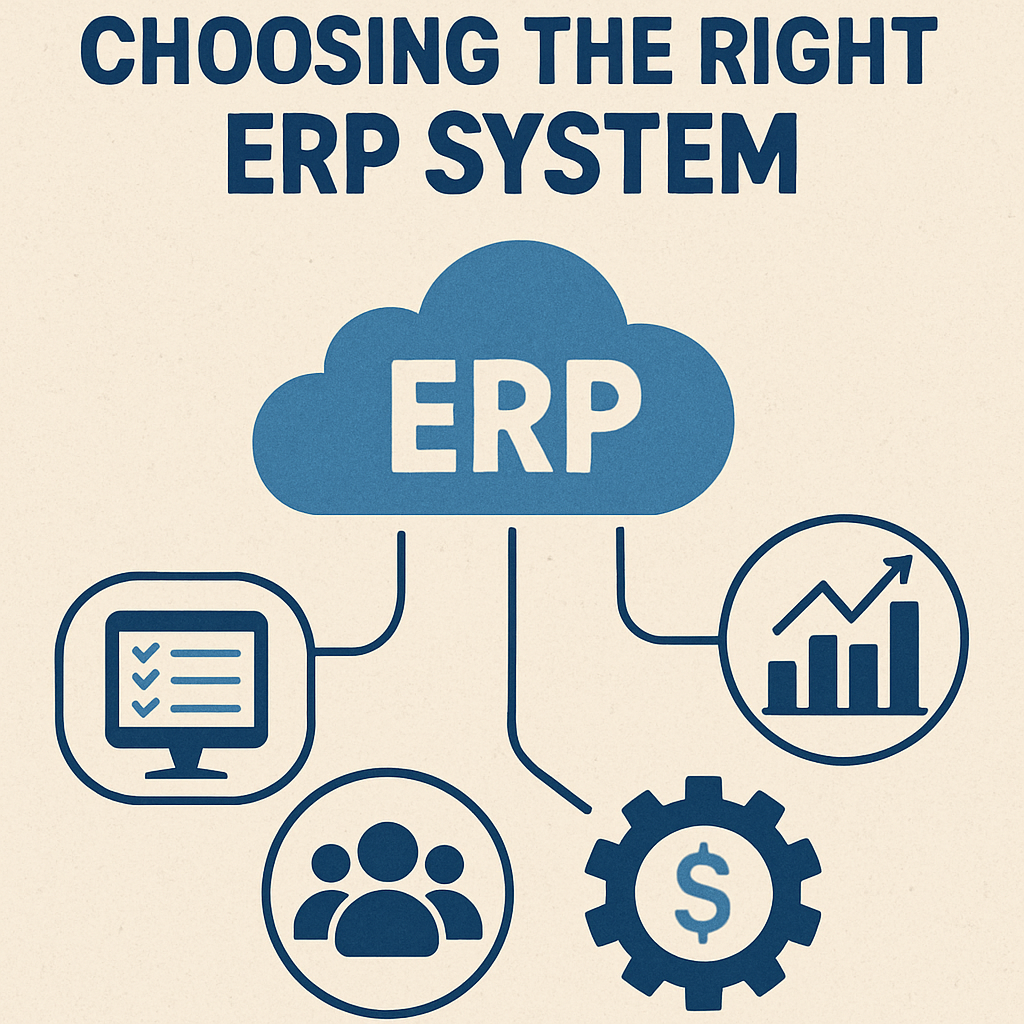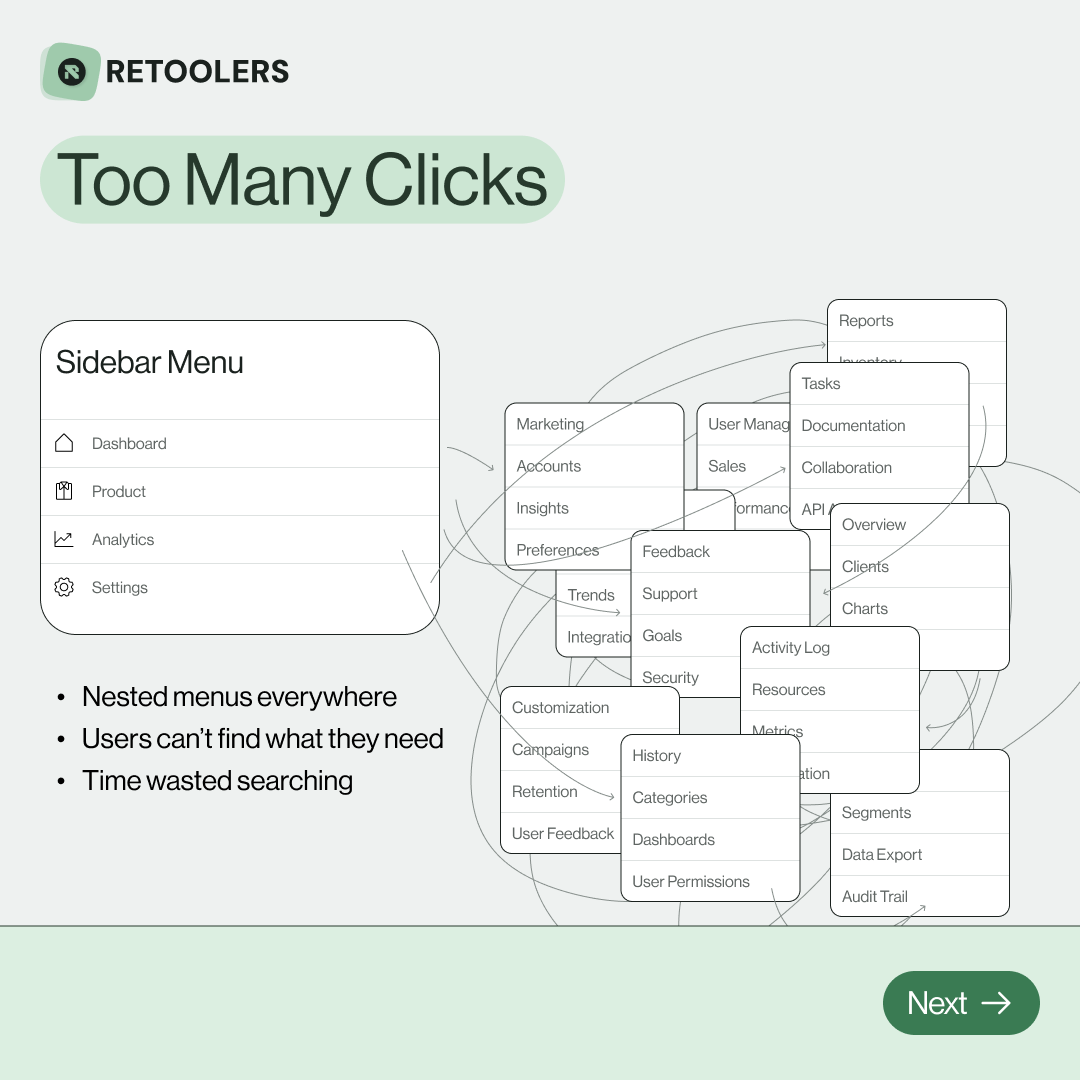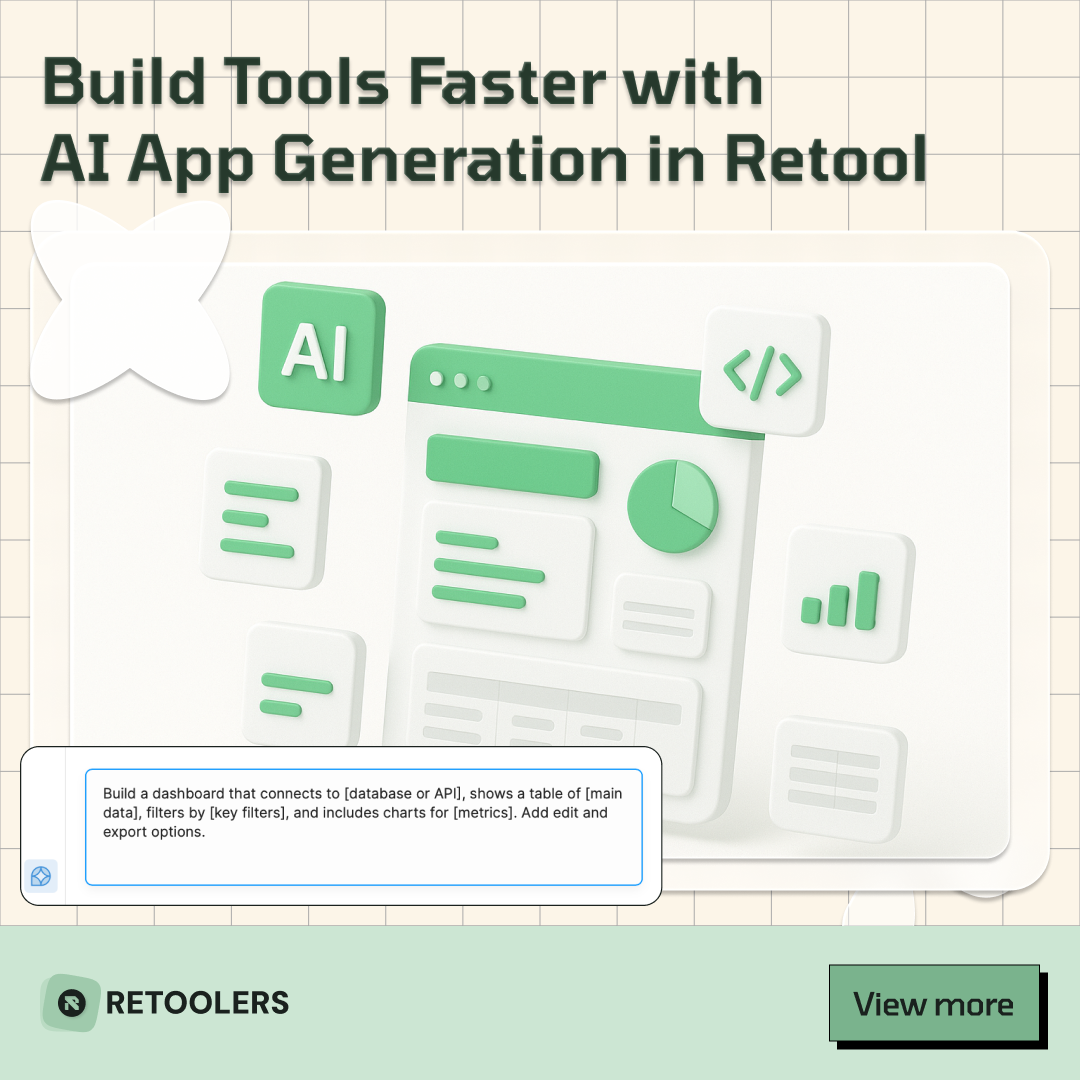Duy Vu
October 3, 2025
•
20 mins read

In today's fast-paced business environment, Enterprise Resource Planning (ERP) systems are vital for companies aiming to streamline operations, enhance efficiency, and gain a competitive advantage. This article will delve into some of the best ERP examples tailored for small businesses and startups and highlight how these systems can foster business success.
ERP refers to a suite of integrated applications that manage a company's core business processes. These include areas such as inventory management, order processing, accounting, human resources, and customer relationship management (CRM). By consolidating these functions into a single platform, businesses can achieve better organization and efficiency.

For small businesses and new ventures, where resources are often limited, implementing ERP software can be a game changer. These systems help automate and integrate various processes, allowing for reduced manual work and minimized errors, ultimately setting the stage for growth and success.
ERP systems consolidate different business functions into one platform, reducing operational complexity and enhancing workflow. This streamlining allows businesses to execute tasks more quickly and efficiently, particularly essential for startups looking to scale without disruption.
With ERP software, real-time data access empowers managers to make well-informed decisions quickly. This capability is critical for staying ahead of market shifts and responding efficiently to customer demands.
By providing a centralized information hub, ERP systems facilitate better communication and cooperation among departments. This interconnectedness helps eliminate data silos and fosters a culture of collaboration within the organization.
Designed for small and medium-sized enterprises (SMEs), SAP Business One offers comprehensive modules for financial management, sales, CRM, inventory, and operations.
The system features real-time analytics and customizable solutions, adapting to the evolving needs of businesses while supporting multi-currency and multi-language operations, making it ideal for international ventures.
Oracle NetSuite is a cloud-based ERP solution that caters to businesses of all sizes, providing tools for finance, CRM, e-commerce, and more.
Accessibility via the cloud ensures that teams can stay connected from anywhere, enhancing flexibility. Its comprehensive financial tools and integrated e-commerce capabilities allow businesses to optimize their operations and improve customer experiences.
Combining ERP and CRM functions, Microsoft Dynamics 365 offers solutions spanning sales, customer service, finance, and operations.
With powerful AI-driven insights and seamless integration with Microsoft Office applications, Dynamics 365 enhances collaboration and decision-making, tailored to meet the unique challenges of various industries.
Odoo is an open-source ERP solution that provides a diverse range of business applications, including CRM, e-commerce, accounting, and inventory management.
Its modular design enables businesses to select only the features they need while offering cost-effective implementation. The user-friendly interface ensures quick adoption among employees, maximizing productivity.

When selecting an ERP system, it’s crucial to evaluate your specific business objectives and challenges. Consider whether the software meets your operational size and industry requirements.
Choose an ERP solution that can grow with your business. Ensure that it offers customization options and scalable modules to adapt to changing needs as your enterprise expands.
Analyze the total cost of ownership, including implementation, customization, and maintenance costs. Conducting a thorough ROI analysis will help assess potential long-term savings and efficiency gains.
Verify that the ERP system can seamlessly integrate with your current software tools. This integration will minimize disruption and enhance data flow throughout the organization.
Investing in the right ERP system is critical for small businesses and startups aiming for growth and efficiency. By understanding the advantages of top ERP examples and carefully evaluating your business needs, you can select a system that empowers your organization to thrive in a competitive landscape.
ERP software is a powerful asset that can transform how businesses operate. With the right choice, you can streamline processes, drive efficiency, and set a solid foundation for future success.
Book a call with us to build your ERP system.
Looking to supercharge your operations? We’re masters in Retool and experts at building internal tools, dashboards, admin panels, and portals that scale with your business. Let’s turn your ideas into powerful tools that drive real impact.
Curious how we’ve done it for others? Explore our Use Cases to see real-world examples, or check out Our Work to discover how we’ve helped teams like yours streamline operations and unlock growth.

🔎 Internal tools often fail because of one simple thing: Navigation.
Too many clicks, buried menus, lost users.
We broke it down in this 4-slide carousel:
1️⃣ The problem (too many clicks)
2️⃣ The fix (clear navigation structure)
3️⃣ The Retool advantage (drag-and-drop layouts)
4️⃣ The impact (happier teams)
💡 With Retool, you can design internal tools that are easy to use, fast to build, and simple to maintain.
👉 Swipe through the carousel and see how better UX = better productivity.
📞 Ready to streamline your tools? Book a call with us at Retoolers.

🚀From idea → app in minutesBuilding internal tools used to take weeks.
Now, with AI App Generation in Retool, you can describe what you want in plain English and let AI do the heavy lifting.
At Retoolers, we help teams move faster by combining AI + Retool to create tools that actually fit their workflows.
👉 Check out our blog for the full breakdown: https://lnkd.in/gMAiqy9F
As part of our process, you’ll receive a FREE business analysis to assess your needs, followed by a FREE wireframe to visualize the solution. After that, we’ll provide you with the most accurate pricing and the best solution tailored to your business. Stay tuned—we’ll be in touch shortly!



